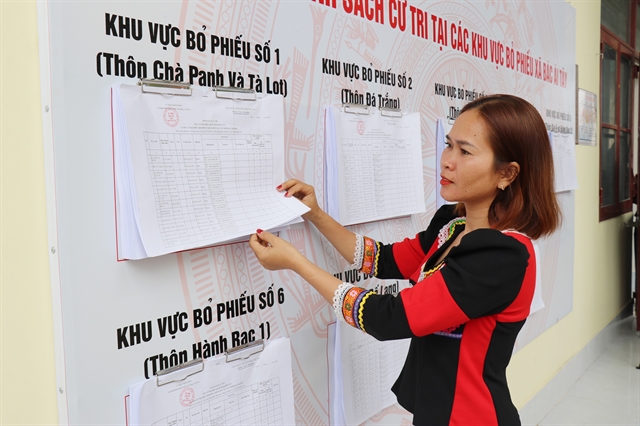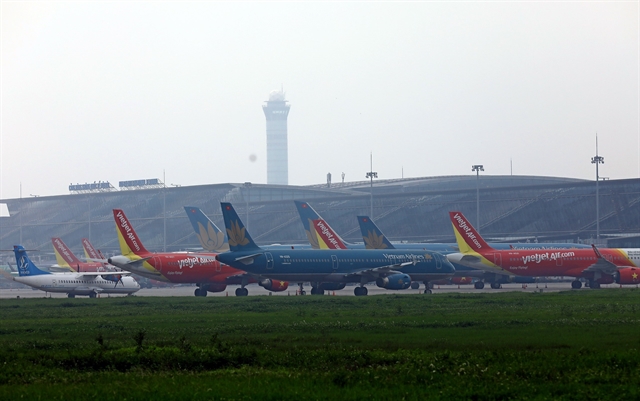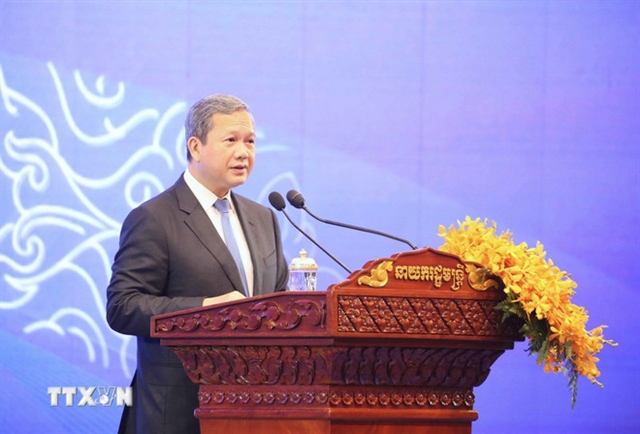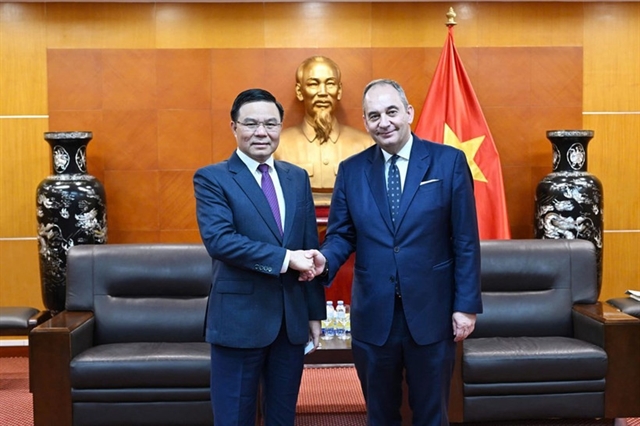 World
World

 |
| Nội Bài International Airport in Việt Nam. VNA/VNS File Photo |
KUALA LUMPUR – Beginning next year, South-East Asian airline operators can have stopovers within Asean member states.
This will come into effect once all Asean member states sign Protocol 5 on Own Stopover Rights between Points within the Territory of any other Asean Member State, says Transport Minister Anthony Loke.
Prior to this, airline operators can only fly to their destination within member states before having to return.
Under Protocol 5, Loke said airlines are allowed to stop over at Asean member state airports before heading to another point within the region.
“For example, if an airline flies from Kuala Lumpur to Singapore, that same flight can head to Bali in Indonesia.
“From there, they can also head to other airports within Asean member states,” he told a press conference yesterday.
The signing of Protocol 5 is held in conjunction with the 30th Asean Transport Ministers (ATM) and 58th Senior Transport Officials Meetings (STOM).
All Asean members except for Myanmar and Indonesia have signed Protocol 5.
Loke said the move will boost regional air connectivity.
“It facilitates greater operational flexibility for carriers, promotes tourism and enhances trade by providing more seamless and convenient air travel options across the region,” he said.
He also said Asean airlines, including Malaysian flight operators, can benefit given their various travel destinations within the region.
“For Asean member states that have yet to sign, we will circulate this to them.
“Once all have signed, the protocol will come into force by next year,” said Loke.
Separately, he said Asean transport ministers agreed to adopt guidelines on light electric vehicles like electric scooters, bikes and small cars within the region.
“They outline standards and best practices for integrating these vehicles into transport systems.
“It also aims to address environmental concerns by reducing carbon emissions and encouraging sustainable energy usage in transportation,” he said.
Other adopted initiatives include guidelines on urban freight transport, focusing on improving efficiency while minimising environmental impact.
Loke said Asean is also committed to advancing negotiations and finalising air services agreements with China, Japan and South Korea.
“This is pivotal for strengthening regional and inter-regional connectivity by enabling greater market access, promoting air transport liberalisation, and fostering closer economic and cultural ties,” he said.
In welcoming the news, Federation of Asean Travel Associations president Datuk Tan Kok Liang said this would boost the tourism industry.
“It will also enable the promotion of multiple destination packages and give travellers the freedom to choose,” he said.
Tan is also looking forward to the reduction of airline tickets stemming from this new agreement.
“It does have the potential to reduce prices for tickets. But more importantly, this agreement will see improvements in air connectivity,” he said. THE STAR/ASIA NEWS NETWORK




